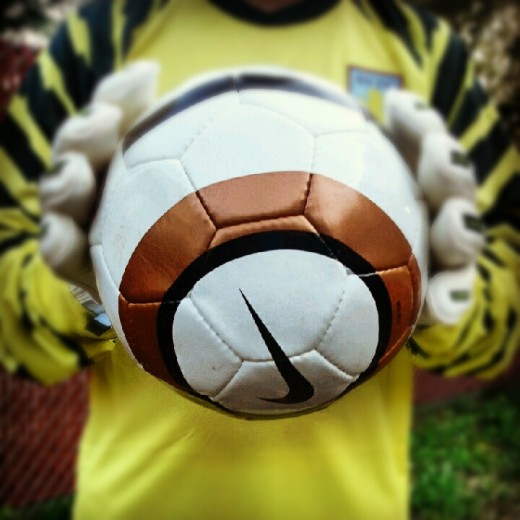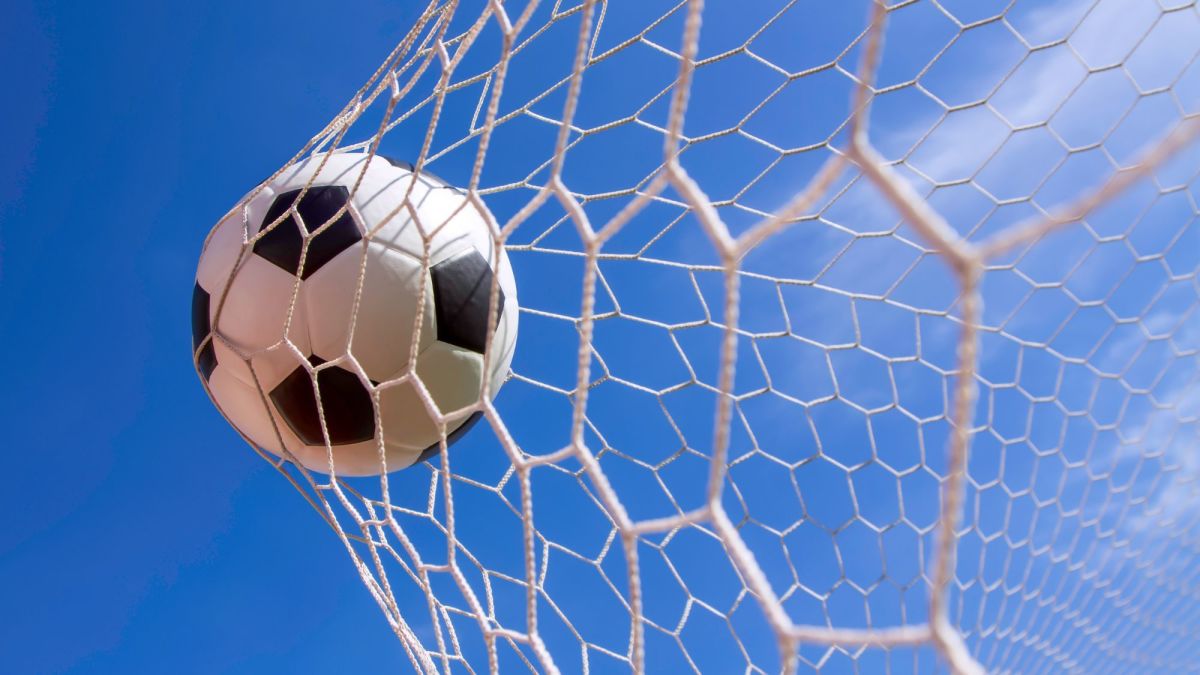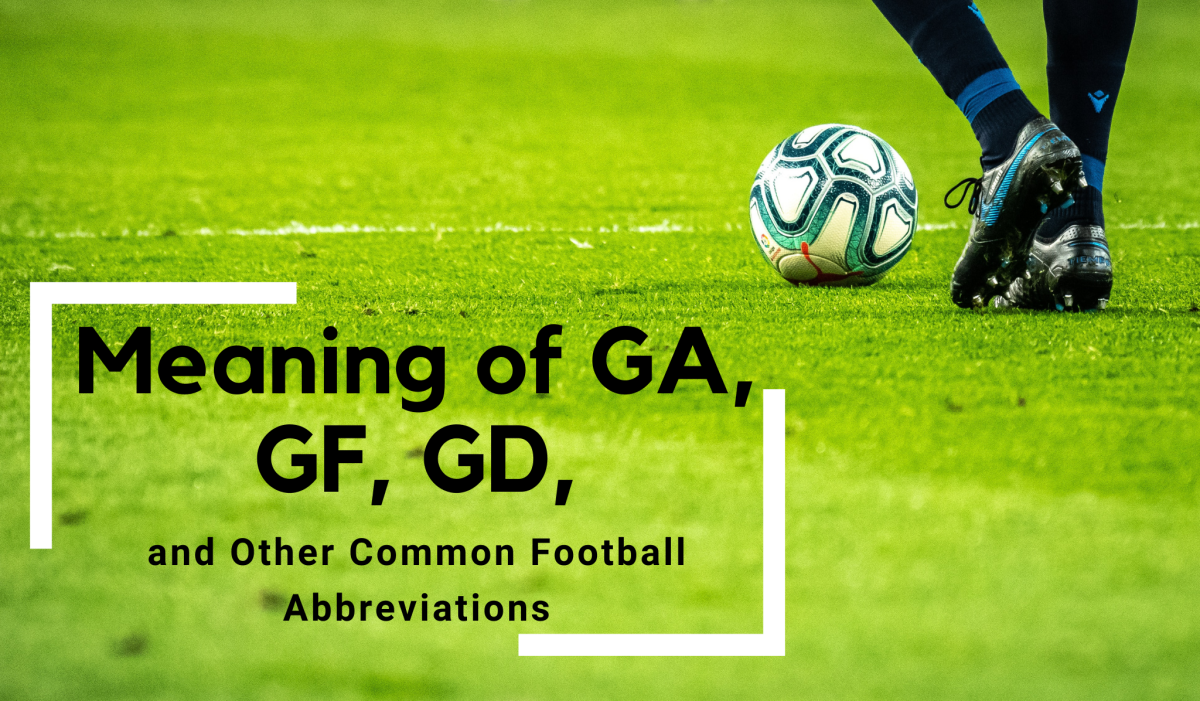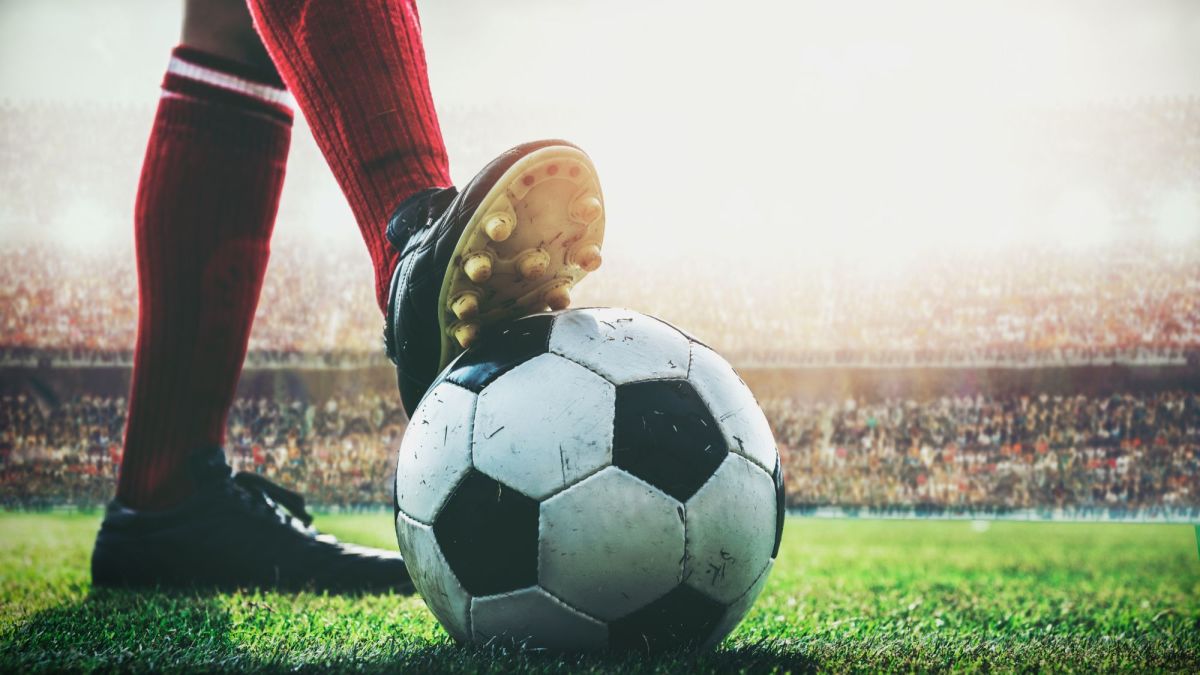Goalkeeper Mental Training


Mental Training Overview
Goalkeeping is the most unique position on the pitch. Goalkeepers defy the rules by using their hands and body to prevent goals. The keeper position is solitary and very demanding. Many training sessions and matches are needed to meet the physical demands of the position, but mental aspects are often overlooked when learning or coaching the goalkeeper position. Developing the psyche of a goalkeeper is as equally important as the physical aspects of the position.
Shep Messing once said "You have to be coiled and ready to strike, and at the same time have the serenity of a yogi.” when referring to the mentality of goalkeeping.
English poet Simon Armitage explains goalkeeping in a literary context...
"Guardians, custodians, gatekeepers, sentries – they maintain the final position, beyond which the unthinkable lies. It's for that reason they wear the number 1, despite being largely unappreciated and relatively unglamorous in comparison with their team-mates and colleagues."
Let the tips within this article settle in and implement them during practice or a match before moving on to Goalkeeping Psychology.


The Nerves of a Goalkeeper
Goalkeeping has moments of high-stress situations mixed with moments of very little activity near goal. Switching from relaxed, to fierce, to relaxed again in a matter of seconds takes many, many matches before grasping. Nervousness can jumble emotions and become a major blockade for goalkeepers. Remember, nervousness is natural and it keeps the body and mind sharp.
Control the Nerves
Learning to control the level of nervousness and anxiety on match day is key. Being overly nervous can cause knee-jerk reactions and hesitation when dealing with an attack. Not being nervous enough can cause the keeper to be lackadaisical, which dulls reaction time and quick decision-making. No one but the keeper can find their ideal level.
Pick-up matches and training sessions can help reduce match day anxiety and nervousness. The more something is performed and repeated, the easier it becomes - like most things in life. Being prepared by the time match day arrives will boost confidence and limit anxiety blockades.


Mistakes Happen
Keepers make mistakes just like every other player in every other position. Unfortunately, a mistake by the goalkeeper can make the difference between a win and a loss. Attackers sometimes get chance after chance to score, but a keeper may only be called into service a few times a match. Making the best out of those moments is key, but mistakes happen. Bad timing, misjudgment, slow reaction, and the list goes on. Every keeper experiences humiliating moments in their lifetime of playing, but the best push onward. (i.e. - Robert Green vs U.S. during World Cup 2010).
Dust Off Mistakes
It is absolutely vital for the psyche to learn from mistakes, and to brush them off soon after they happen. Dwelling on a mistake in the middle of a match can be devastating and may easily cause more goals to slip by. Shake off a mistake by performing a ritual-like action such as watering down the gloves, re-secure the straps on the gloves, dust off knees and elbows, or whatever comes to mind. Doing these rituals after a goal slips by is a way to help the mind reset and prepare for another attack.
Keep Composure
Remember, do not lose composure. Do not freak out, kick the post, yell, and so on. This emits vulnerability to opposition attackers and they will take more chances knowing the keeper's composure is blown. Relax, stay calm, and appear still confident despite allowing an easy goal.


Communicate With Teammates
Organize the Back Line
Goalkeepers must constantly communicate with teammates, especially the defensive line. Organizing and keeping the defense on its toes is just as important as making a huge save. Many spectators, teammates, and even coaches fail to realize how crucial it is for a keeper to make the defense stick together. The defense can become chaotic in the middle of an attack and the goalkeeper has the perfect view of what's happening. Yelling out the locations of unmarked attackers and directing the defense to pressure or contain an area needs to become habitual for the keeper. Organizing the defense to "hold the line" is vital, because it stops the defense from being pushed back and puts distance between the ball and goal. The added distance allows the defense and keeper to react quicker.
Build Teammate Confidence
Instilling confidence in teammates via communication is vital as well. Keepers want strong, resilient players in front of them that do not hesitate and become shaky, especially when defending. Compliment their positive actions and lightly criticize mistakes, but do not berate players after a mistake. Point out how the mistake happened, ways to prevent such a mistake, and tell them to shake it off and not let it pick away at their confidence.







